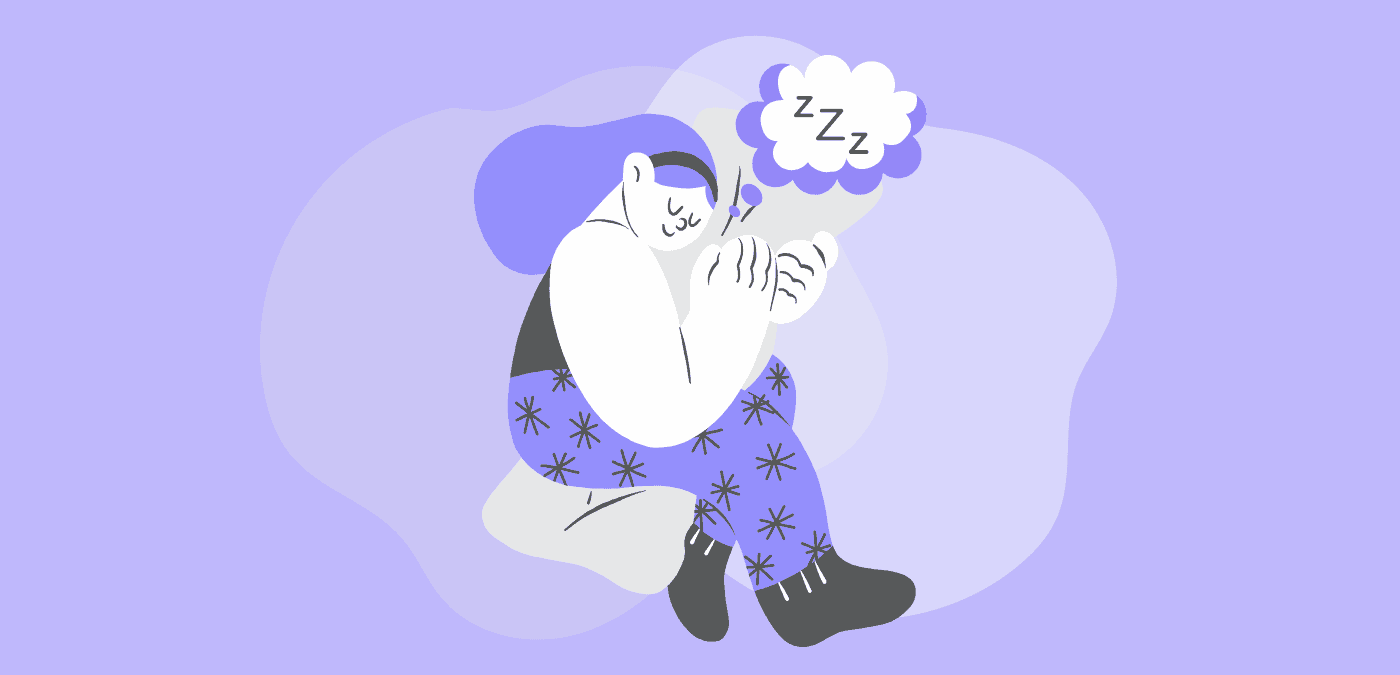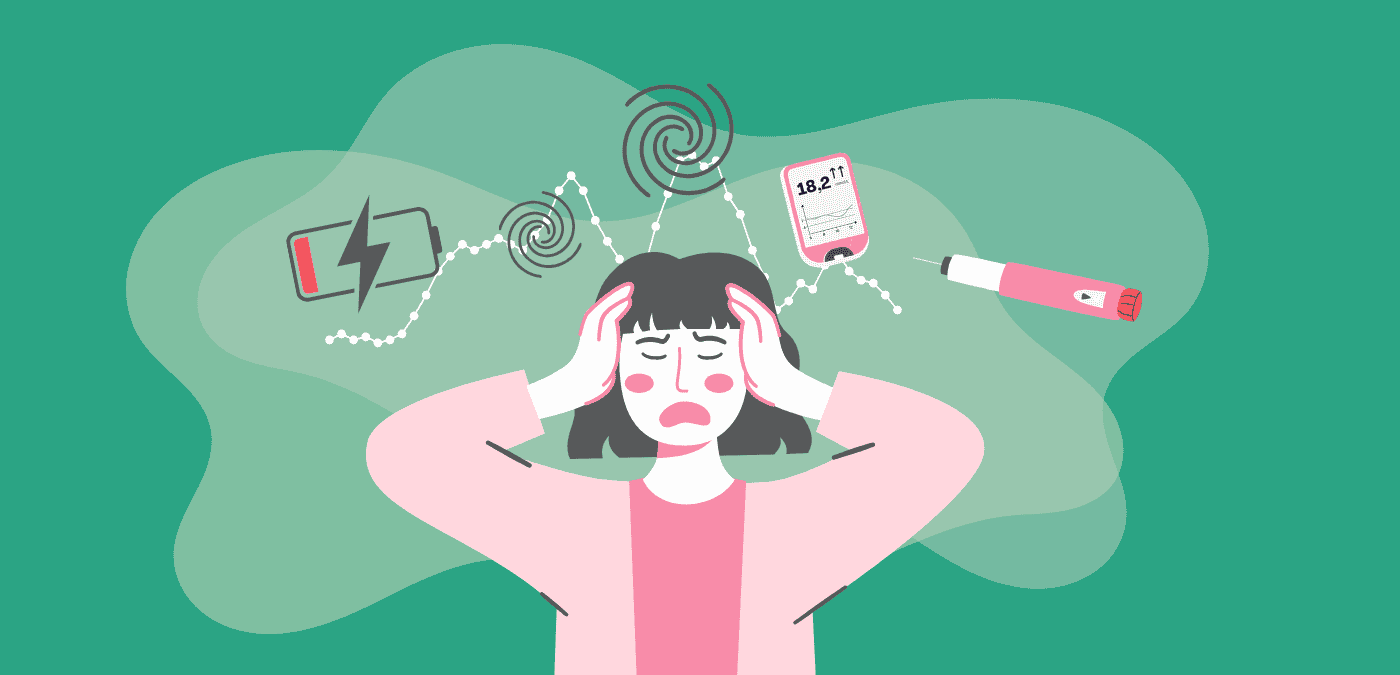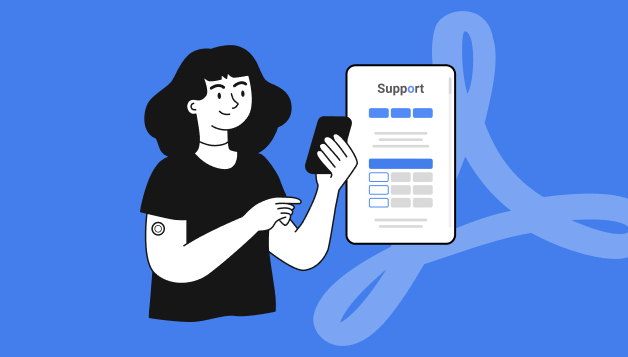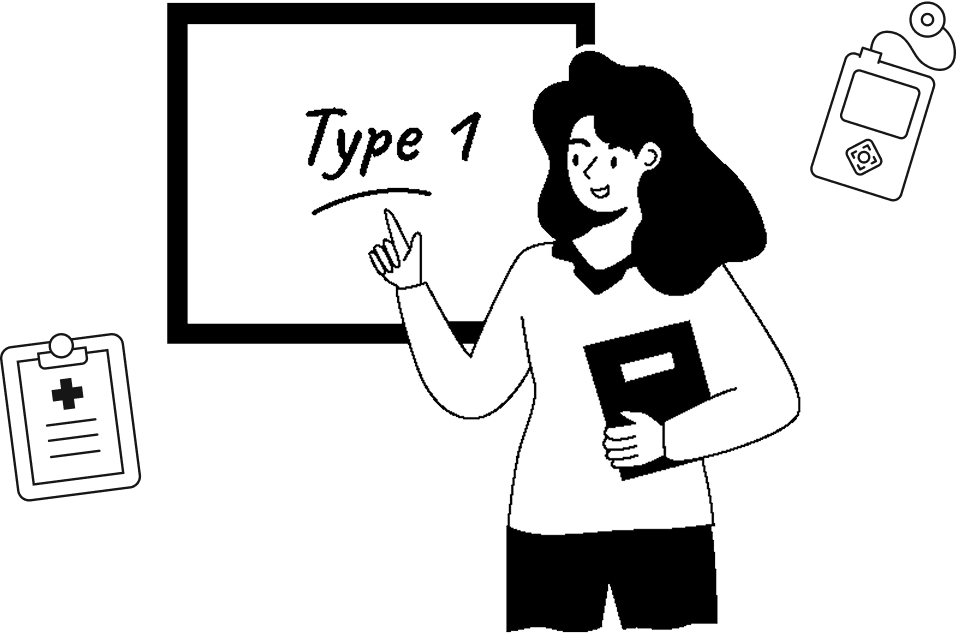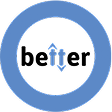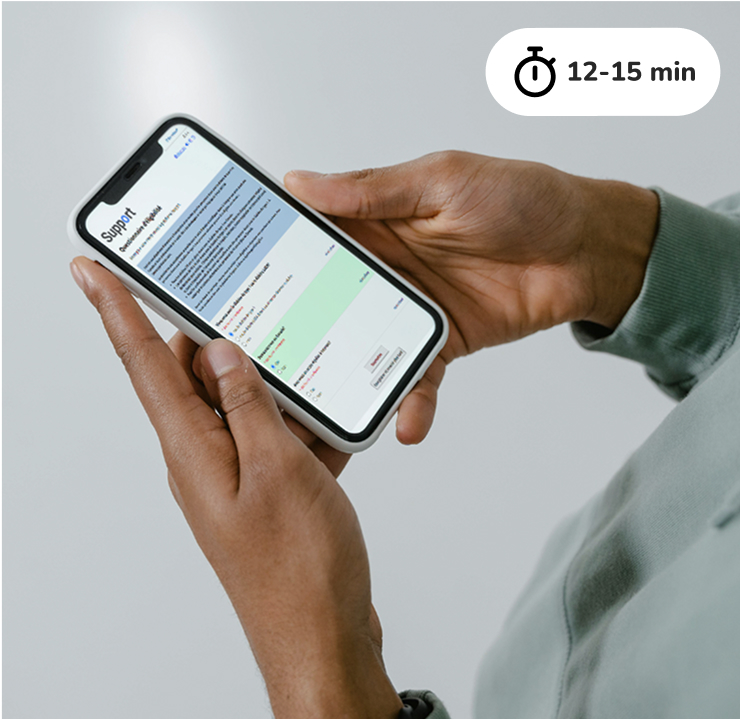Sleep and type 1 diabetes (T1D) are closely tied together. Did you know that sleep problems and blood sugar levels mutually impact each other?
Here are five essential facts about how sleep and T1D are connected.
- T1D can disrupt sleep.
Nighttime hypoglycemia, fear of nighttime hypoglycemia, and frequent urination associated with hyperglycemia can seriously disrupt your sleep. It can make it difficult to fall asleep or cause you to wake up at night, reducing the quality of your rest and directly affecting your energy levels the next day. Even if you have no trouble falling asleep or don’t tend to wake up unexpectedly, sleeping with hyperglycemia or hypoglycemia unawareness will disrupt your recovery, which will leave you tired, limp, and with a headache. - Lack of sleep can mess with blood sugar management. When you lack sleep, your body becomes less efficient at using insulin, i.e. it has more difficulty lowering it than usual. As a result, your blood sugar may rise and you may need more insulin to keep your blood sugar within the target range.
- Fatigue influences food choices.
Lack of sleep can increase the feeling of hunger, especially for carbohydrate-rich foods, which makes it harder to maintain a balanced diet and manage blood sugar levels. - Alerts from diabetes management devices can disrupt sleep. If you use a continuous glucose monitor (CGM) or insulin pump, alerts can wake you up and make you tired. By adjusting them, you can minimize the disturbance and get a good night’s rest.
- Simple strategies for better sleep despite T1D.
A regular sleep routine, adjusting device alarms, and paying attention to nighttime hypoglycemia can improve the quality of your sleep, and therefore facilitate your diabetes management.
Sleep plays an essential role in managing blood sugar levels and your general well-being. Quality sleep can improve your ability to manage diabetes day-to-day and reduce long-term risks.
To find out more
To find out more and get detailed advice and practical strategies on sleep management in the context of T1D, log on to the Support platform to discover our modules in full.
Written by : Sarah Haag, clinical nurse, B.Sc.
Reviwed by :
- Amélie Roy-Fleming RD, CDE, M.Sc.
- Anne-Sophie Brazeau RD, PhD
- Jacques Pelletier, Aude Bandini, Michel Dostie: patient partners of the BETTER project
